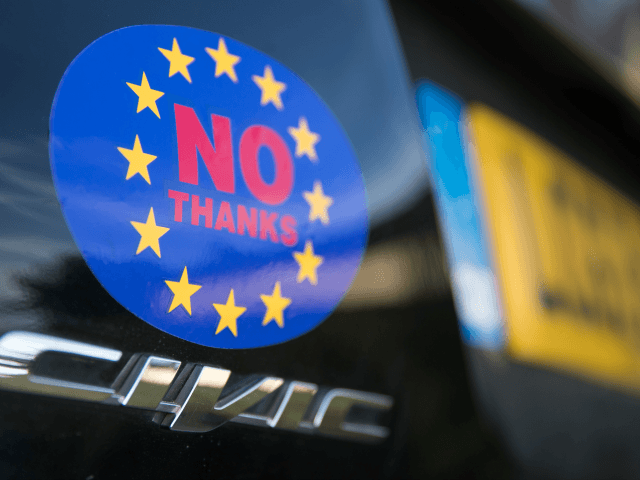From Bloomberg:
In 1999, the historian Norman Davies predicted the breakup of the U.K. There was nothing inevitable about the union of England, Scotland, Wales and Northern Ireland, he wrote in “The Isles,” and no reason to think it could withstand the competing nationalisms it contained.
Likewise the European Union. In less than 24 hours, the world will know whether Britons dismissed the warnings of countless experts — and their own leaders — that they risked grievous self-inflicted harm by voting to leave the 28-nation bloc.
“Nothing stands still,” says Davies, whose history of the British Isles foreshadowed Scotland’s 2014 bid to secede. “Everything is moving in some direction or another.”
The drift today demonstrates a growing lack of faith in the institutions that secured relative peace and prosperity for three generations of Europeans and Americans. Moreover, the Brexit campaign shows that many are willing to throw these over without a credible replacement in view.
The British debate over exiting the EU has echoes around the world. It draws from the same cocktail of grievances as nationalist movements across Europe, as well as Donald Trump’s presidential campaign in the U.S., according to interviews with historians, pollsters, analysts and former diplomats.
It’s a story of disillusionment. The Brexit campaign has tapped into the almost limitless distrust of elites in the aftermath of the Great Recession. That’s the defining difference between the U.K.’s 1975 referendum on Europe (in which Britons voted to stay by a whopping 67 percent to 33 percent) and today’s, according to Bob Worcester, the veteran pollster from Ipsos Mori. At the time, Worcester was advising Labour Party leaders on the campaign to stay in. “Then it was all about whom does the public trust,” he says. “Now they don’t trust anybody.”
Brexit is also in large part an expression of rising English nationalism, says Davies, and it feeds on the same drivers as other the nationalist, anti-EU movements rising across Europe. Think Marine Le Pen’s National Front in France, or Austria’s far right Freedom Party, which in April missed winning the presidency by less than a percentage point.

COMMENTS
Please let us know if you're having issues with commenting.